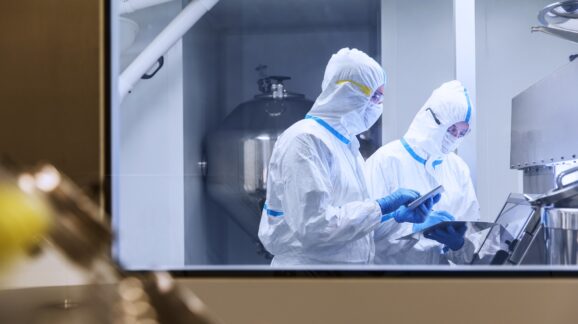FDA power grab would hurt labs, patients, rule of law

Photo Credit: Getty
The Food and Drug Administration has proposed to amend one of its rules for the purpose of unlawfully expanding its jurisdiction over diagnostic tests. The casualties would be numerous: the laboratories that manufacture them, patients, and the law.
FDA has authority to regulate medical devices. Under that authority, FDA has regulated diagnostic tests, including tests sold to doctors’ offices and tests (such as for COVID-19) that one might take at home. FDA has long wanted to regulate diagnostic tests that never leave the laboratory. They are developed at a clinical laboratory, and the tests are performed at the laboratory. FDA now proposes an amendment “to make explicit that in vitro diagnostic products (IVDs) are devices under the Federal Food, Drug, and Cosmetic Act (FD&C Act) including when the manufacturer of the IVD is a laboratory.”
Making that hypothesis explicit does not make it legal, as I explained in a comment I submitted to the agency on its proposal. The FD&C Act’s definition of “device” limits the term to “an instrument, apparatus, implement, machine, contrivance, implant, in vitro reagent, or other similar or related article, including any component, part, or accessory.” FDA has evolved an elaborate strategy to get around the definition.
The strategy has the appearance of a shell game. The rule FDA proposes to amend defines in vitro diagnosticproducts, a term not found in the statutory definition, to include “systems,” a term also not found in the statutory definition. Then the rule declares that everything it has defined as an in vitro diagnosticproduct is a device. The proposed amendment adds that these products are devices “including when the manufacturer of these products is a laboratory.”
Thus, by manipulating words, FDA turns systems into in vitro diagnosticproducts and then turns those systems into devices even we are talking about the diverse systems of a clinical laboratory. This sleight of hand cannot change the FD&C Act’s definition of device or create any resemblance between a device and the intangible services of a clinical laboratory.
The usurpation of authority over those services threatens smaller laboratories that cannot afford the delays and millions of dollars that FDA applications and reviews cost. Downstream from them, patients will lose access to diagnostic tests that are withdrawn from the market when the income from the tests, particularly in cases of rare diseases, doesn’t cover the cost of compliance with FDA regulations or when the laboratory manufacturing them went out of business. Those costs did not enter into FDA’s cost-benefit analysis.
The interests of patients along with the words of the law remain secondary to the goal of expanding regulatory power in all directions. The administration plans to issue a final rule in April.
Read my comment on CEI.org.